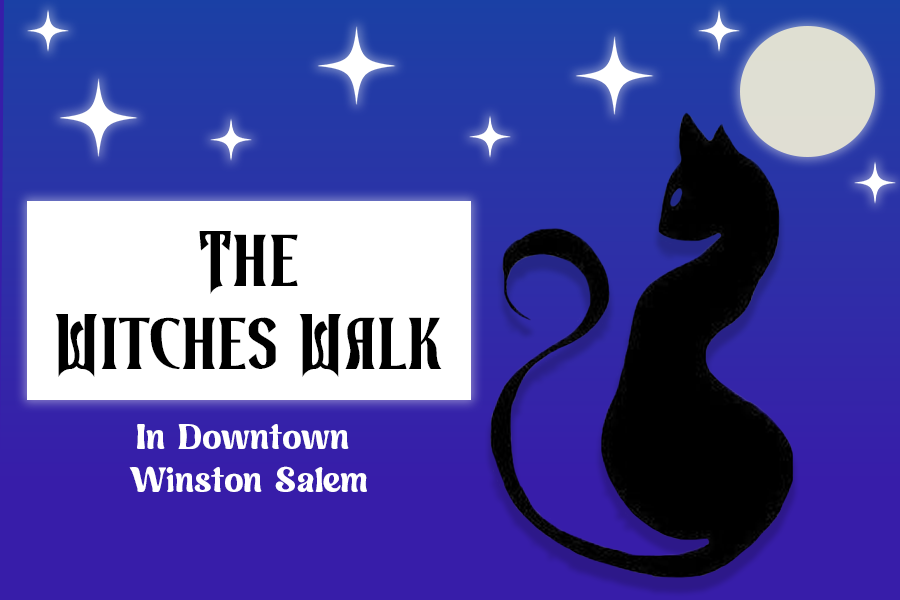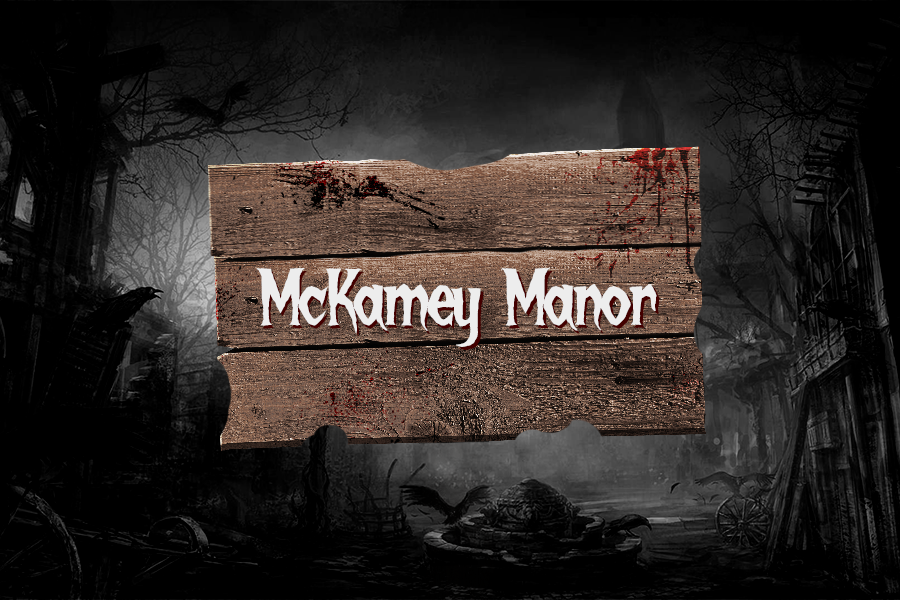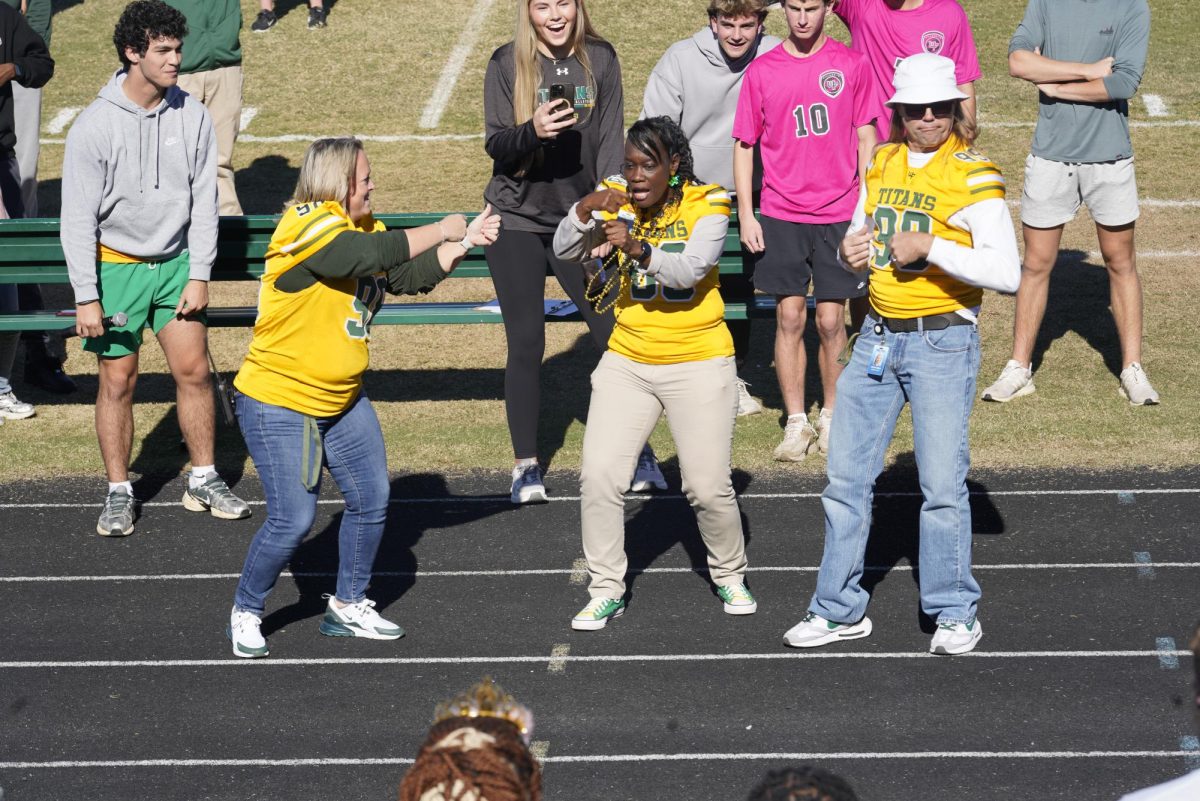Carrie Was Ahead Of Her Time: A message against bullying
November 5, 2021
In the year of 1976, the movie Carrie was released. I had never seen this movie until recently, but I knew the general plot- a girl is relentlessly bullied by her classmates, and she gets revenge on them during her senior prom. The story is so much more than that though. It serves not only as an amazing story of a girl standing up for herself, but also as a fantastic warning against bullying.
Stephen King, the author of the original novel, isn’t exactly known for writing feminist tales. His range of “respecting women” goes from “Wendy Torrance kills her abusive husband at the end of The Shining” to “Beverly keeps getting with abusive men because she can’t heal from being abused as a child in IT.” Carrie, though, is a story that mainly revolves around women, with only two critically important male characters. In a way, it pulls at my heart in the way the Monster High and Barbie movies did when I was younger. The Monster High movie’s moral was mainly “everyone is different and that’s okay,” and Carrie’s story is something similar to that.
The story of the movie is this (and please note that I will be spoiling the movie)- Carrie White is an awkward young girl with telekinetic powers who is bullied harshly and treated unfairly by her peers. Her mother is a religious fanatic who abuses her, doing things such as locking her in a closet and forcing her to pray, something that causes Carrie extreme and noticeable distress. After the at-school bullying lands an entire gym class in detention, a girl named Christine “Chris” Hargensen convinces her boyfriend, Billy Nolan, to get back at Carrie. The way they do it is by rigging the prom election so that Carrie wins prom queen, and then they drop a bucket of pig’s blood on her when she’s on stage. This cruel act is the final straw for Carrie, and she uses her telekinetic powers to lock the students in the school as she makes it burn down around them. Chris and Billy, who had previously escaped the prom, try to run her over, but Carrie flips their car, killing them. In the original novel, when walking home, she blows up several gas stations as well. When arriving home, she attempts to pray with her mother, only for her mother to stab her. In the novel, Carrie telekinetically stops her mother’s heart, and in the movie, Carrie crucifies her with kitchen knives.
The thing is, most people don’t see Carrie White as the villain in the movie. Chris and Billy are still seen as the antagonists. Despite her breakdown and murder-spree at the end, Carrie is still portrayed as the victim, and she is. She’s a young girl who was bullied for no reason, separated from the world by her extremely abusive mother, and only taken to the prom in the first place because the boy who took her was told to. She’s unhappy with her home and school life, using her telekinesis to force her mom to stay away from her and constantly second-guessing the motives of teachers and students. Carrie is a tale of revenge, taken by a girl unjustifiably tormented for years.
But what moral does this really convey? Carrie is the ultimate “be careful who you bully in high school” movie, but at the same time, it’s not like Carrie White is some malevolent force getting revenge for a small wrongdoing. She was getting revenge because if no one else was going to stick up for her, she could stick up for herself. She is different from everyone else- whether it be because of her telekinesis or something else not mentioned in the movie- but that doesn’t mean she deserved what she went through. The movie serves as a warning to deter bullying, and it shows that even if you’re different, that doesn’t mean you deserve to be hated and hurt.
Carrie is a satisfying movie about a girl getting revenge on her abusers, and it is a movie that everyone should watch. Not too young- maybe in the teenage years- due to some more adult themes, but it teaches an important lesson that everyone should learn- even if you’re different, you still deserve to be loved, and you don’t deserve to be bullied like Carrie White was.





